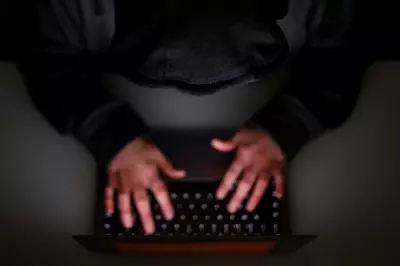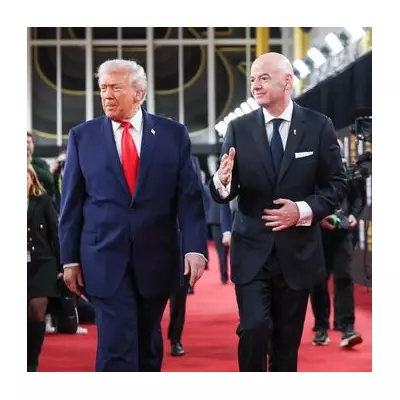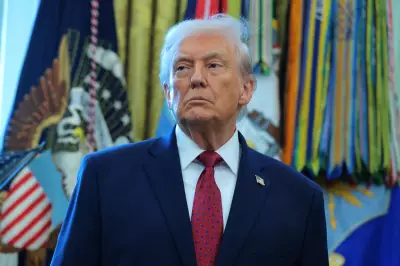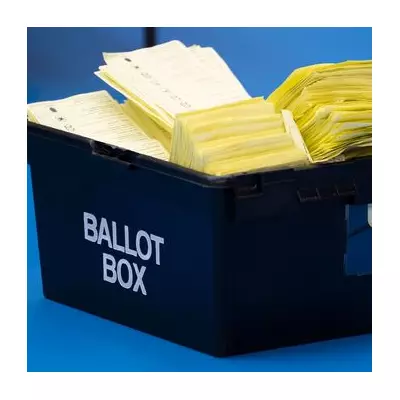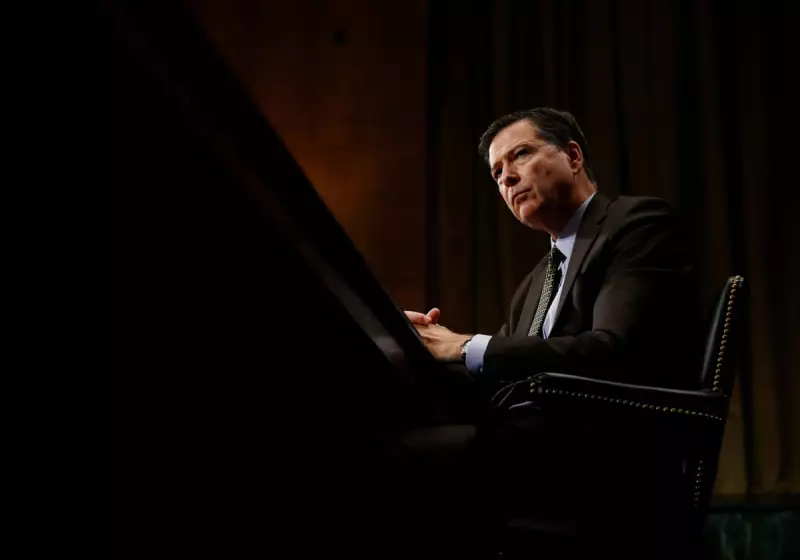
In a dramatic legal development that could significantly impact one of America's most prominent law enforcement figures, a federal judge has ordered the FBI to unveil secret evidence concerning former director James Comey.
Judicial Rebuke to Federal Bureau
The ruling represents a substantial victory for transparency advocates and a potential setback for the FBI's handling of internal misconduct investigations. US District Judge James Boasberg delivered the decisive order, compelling federal investigators to disclose materials they had fought vigorously to keep concealed from public scrutiny.
This judicial mandate stems from Comey's ongoing legal battle against the Justice Department, where he contests disciplinary actions taken against him following allegations of misconduct during his tumultuous tenure.
The Evidence Under Scrutiny
While specific details remain protected, legal experts suggest the concealed evidence likely includes:
- Internal FBI communications regarding Comey's conduct
- Investigative reports previously deemed too sensitive for disclosure
- Documentation of the disciplinary process that led to sanctions against the former director
- Potentially exculpatory information that could support Comey's legal position
A Pattern of Legal Challenges
Comey's relationship with the Justice Department has been fraught with conflict since his controversial dismissal by President Donald Trump in 2017. The current litigation represents just the latest chapter in years of legal wrangling that has captivated political observers and legal experts alike.
The judge's ruling notably rejected the government's arguments that disclosing the evidence would compromise ongoing investigations or national security interests, finding instead that the public's right to understand the proceedings outweighed these concerns.
Broader Implications for Government Accountability
This decision establishes a significant precedent regarding the balance between government transparency and operational secrecy. Legal analysts suggest it could empower other federal employees challenging disciplinary actions to demand greater disclosure of evidence against them.
The ruling arrives amid heightened scrutiny of the FBI's internal procedures and handling of high-profile cases, potentially influencing how the bureau manages future disciplinary matters involving senior officials.
Both Comey's legal team and Justice Department representatives have declined to comment on the ongoing litigation, though legal observers anticipate the government may pursue an appeal to prevent the evidence from becoming public.

